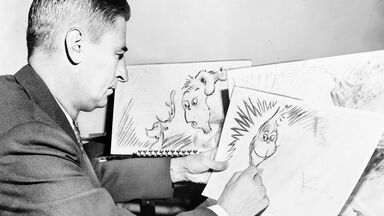The Public Record of Horatio Seymour (New York, 1868) includes his speeches and official papers between 1856 and 1868.
His Memoirs of Sir Robert Walpole (London, 1798), Memoirs of Horatio, Lord Walpole (London, 1802), Memoirs of John, duke of Marlborough (London, 1818-1819), Private and Original Correspondence of Charles Talbot, duke of Shrewsbury (London, 1821), Memoirs of the Administrations of Henry Pelham (London, 182 9), are very valuable for the history of the 18th century.
During the War of Independence his early training at the French military college at Caen enabled him to render effective service to General Benjamin Lincoln in 1778-1779, to Count d'Estaing (1779), to General Lincoln in the defence of Charleston and afterwards to General Horatio Gates.
In Warriston cemetery (opened in 1843) in the New Town, were buried Sir James Young Simpson, Alexander Smith the poet, Horatio McCulloch, R.S.A., the landscape painter, the Rev. James Millar, the last Presbyterian chaplain of the castle, and the Rev. James Peddie, the pastor of Bristo Street church.
The Democratic party nominated the one available Democrat who had the smallest chance of beating him - Horatio Seymour, lately governor of New York, an excellent statesman, but at that time hopeless as a candidate because of his attitude during the war.


